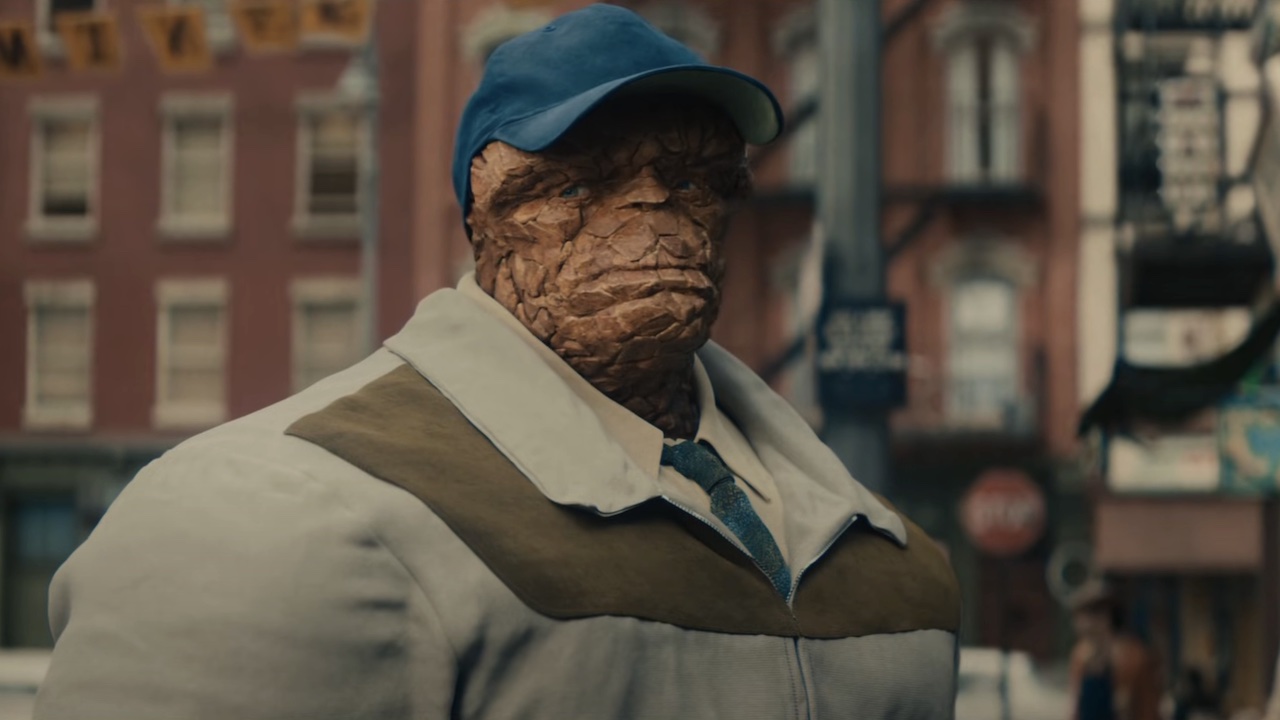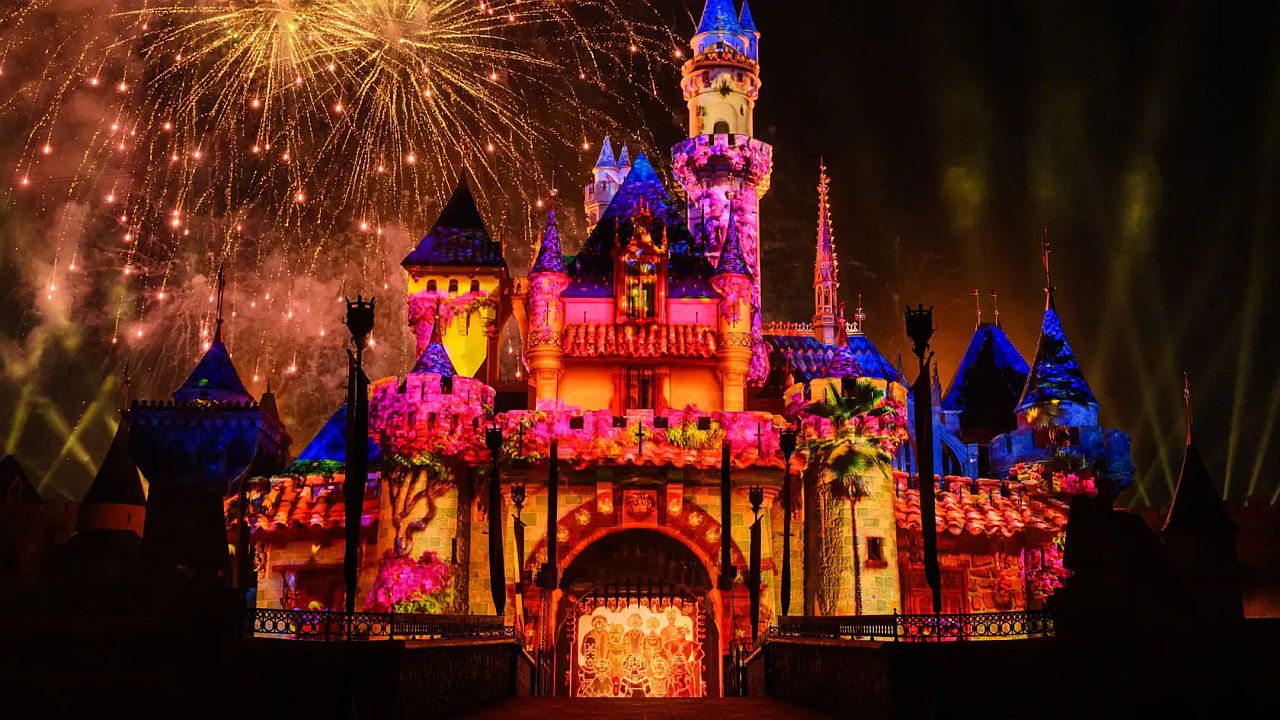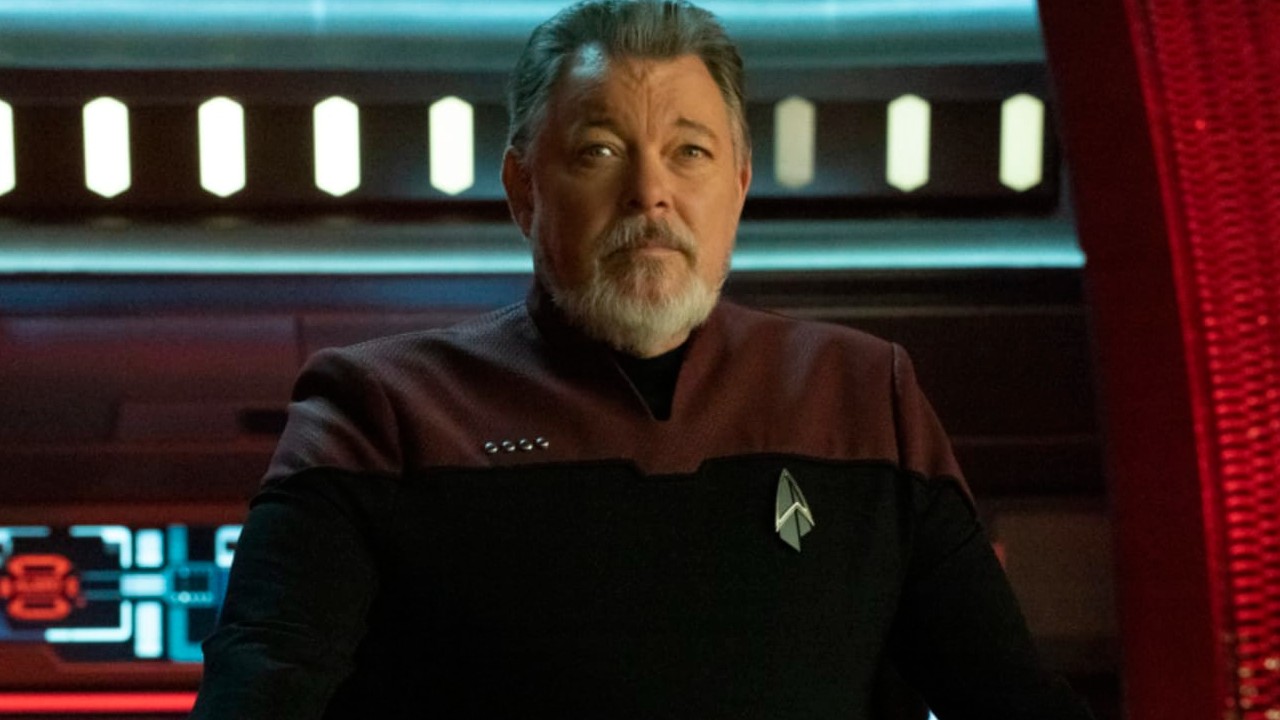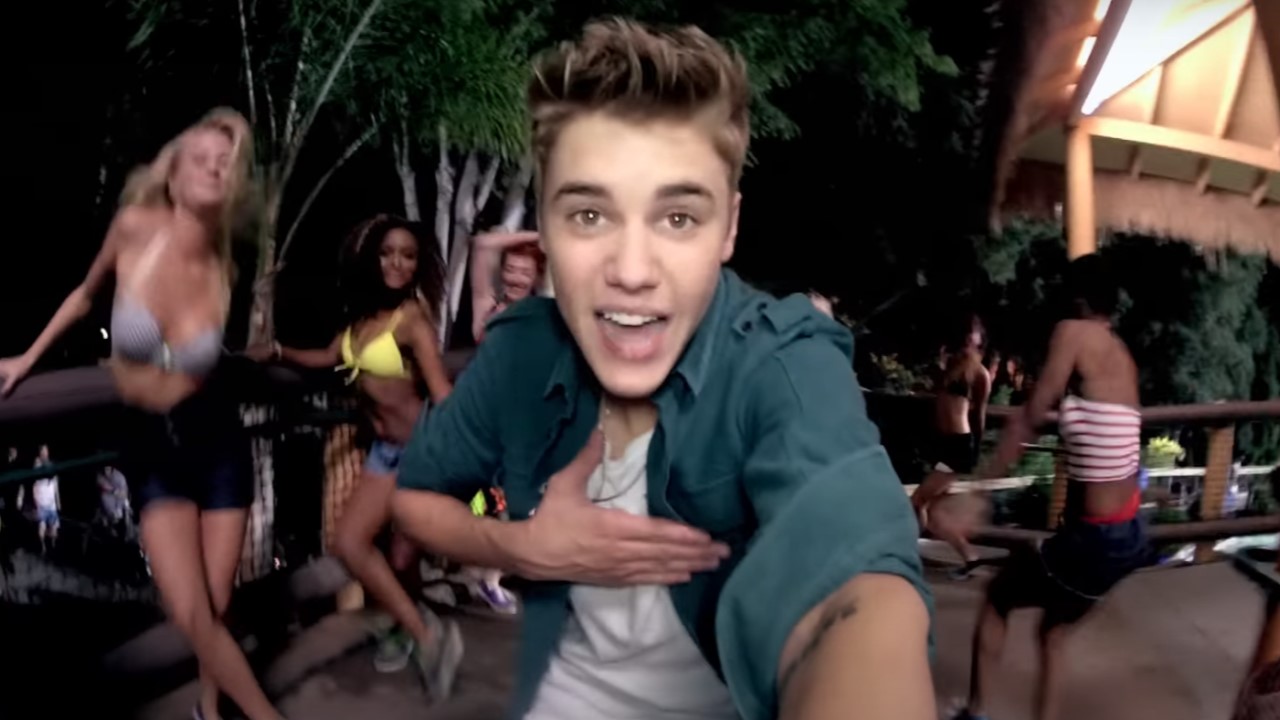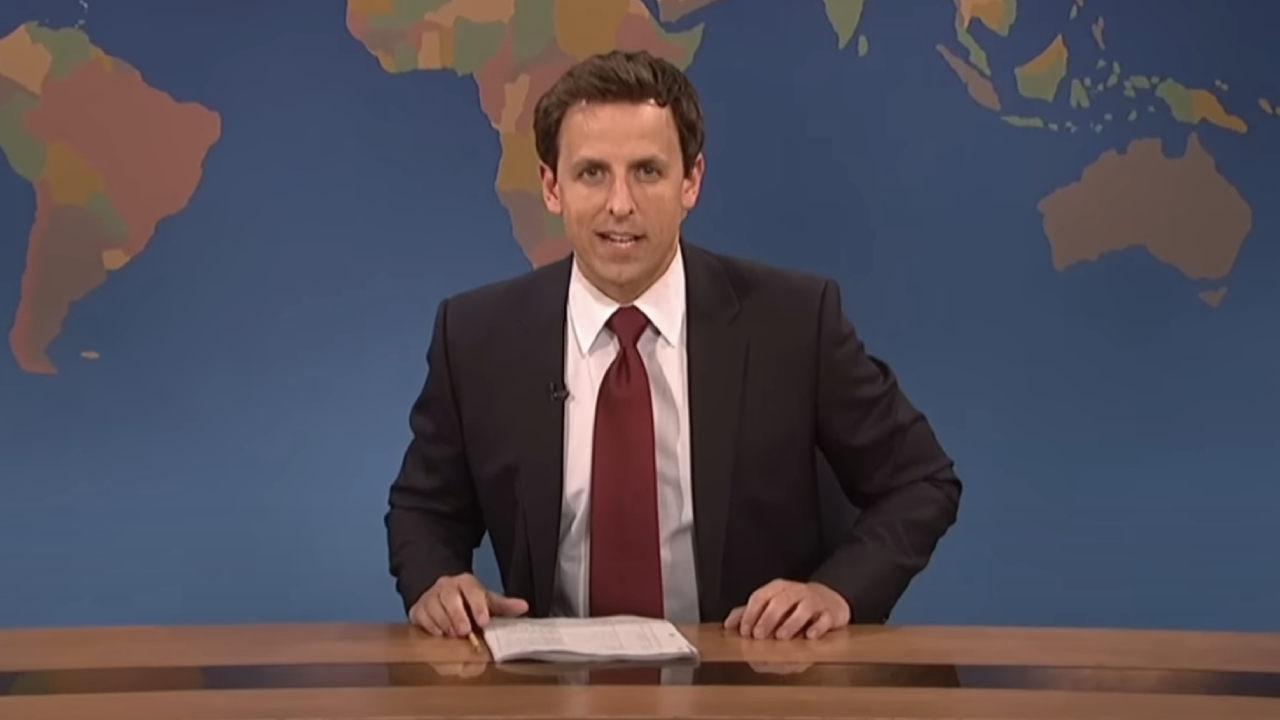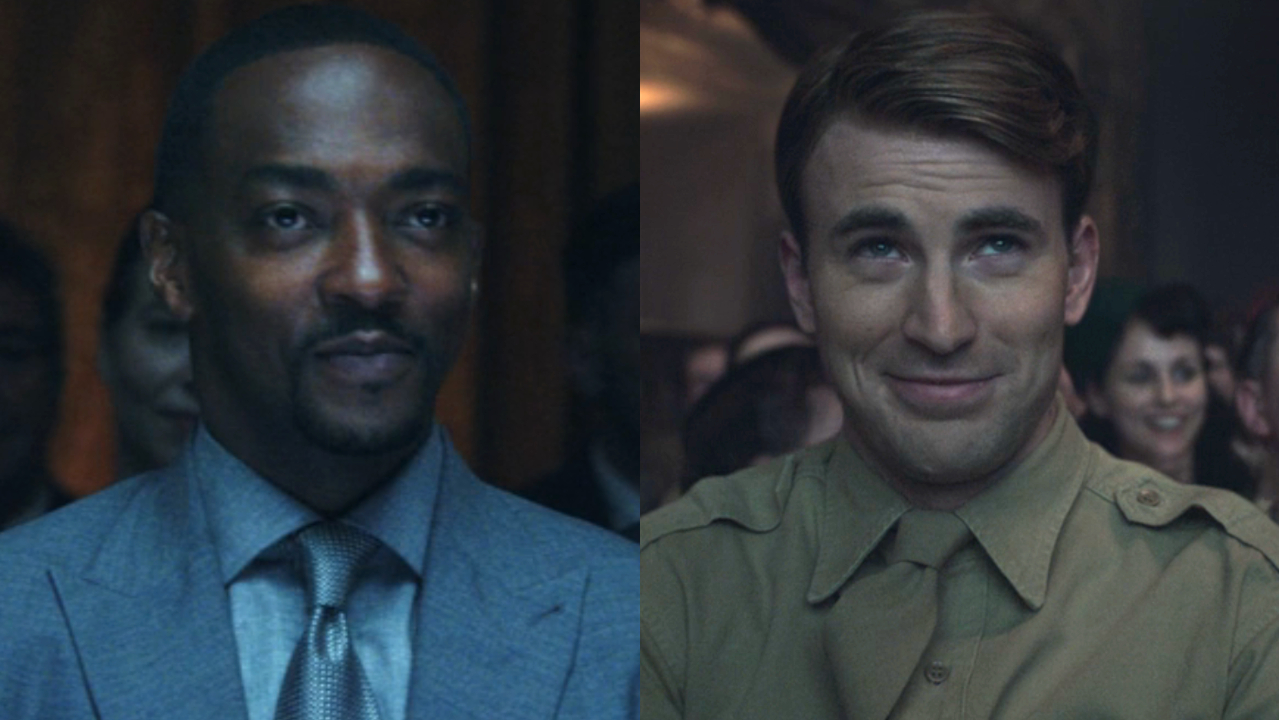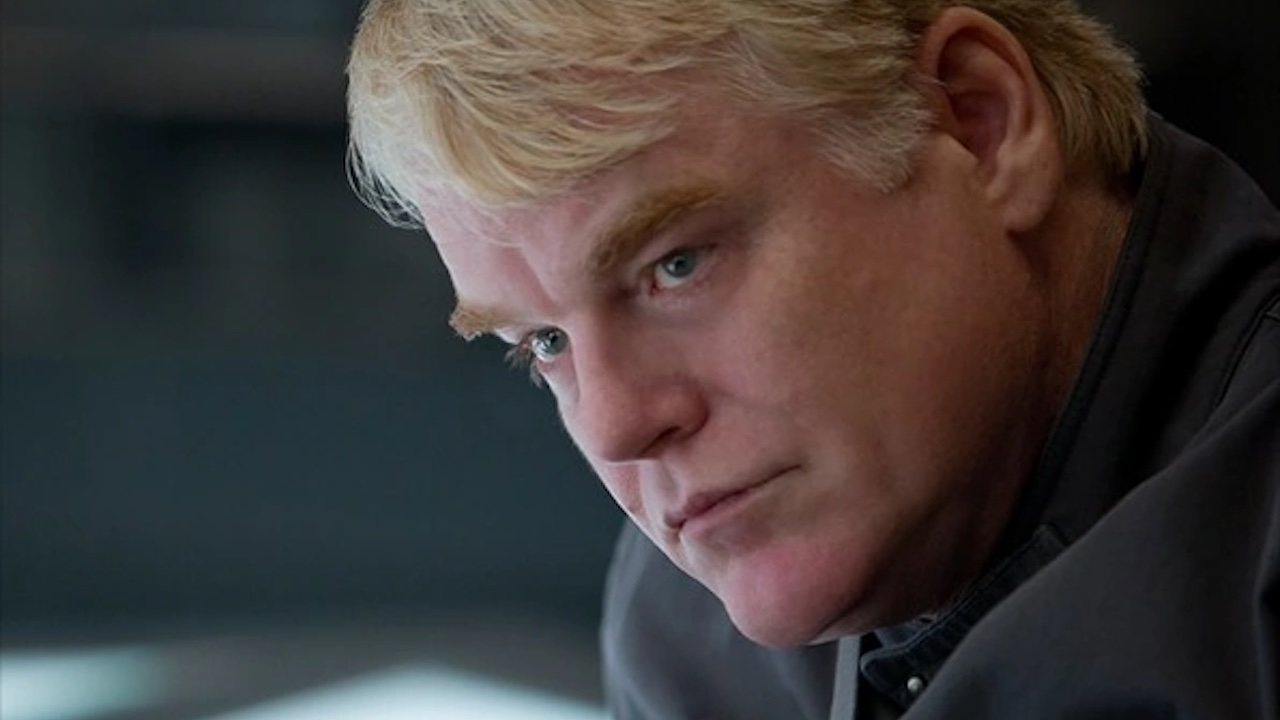J.K. Rowling's New Writing May Hint At A Major Problem For The Fantastic Beasts Characters

J.K. Rowling dropped a new essay onto Pottermore today, offering Harry Potter fans some additional information on the history of MACUSA, the U.S. equivalent to the Ministry of Magic. In addition to revealing whether or not witches and wizards got involved in the revolutionary war, the essay revealed the existence of a law that may present a major problem for some of the Fantastic Beasts and Where To Find Them characters. Specifically, the wizards who might be getting involved with one or more muggles -- err, No-Majes.
As November approaches, we're digging for any updates and hints we can get on the upcoming Harry Potter prequel/spinoff, Fantastic Beasts and Where To Find Them. Pottermore's MACUSA essay may have indirectly offered one in the form of additional details about Rappaport's Law, which prohibits wizards from fraternizing with No-Majes (aka Muggles, or non-magical people). J.K. Rowling has written on the history of the law before, however the new writing drops a couple of key updates. See, the law was put into place in 1790, centuries ahead of the timeframe of Fantastic Beasts, but from what the new essay notes, Rappaport's Law is still in effect in the 1920s:
Rappaport's Law was still in operation in the 1920s and several offices in MACUSA had no counterpart in the Ministry of Magic; for example, a sub-division dealing with No-Maj Fraternisation and an office issuing and verifying wand permits, which everyone, citizen and visitor, was supposed to carry within the States.
The above also notes that there's a whole department at MACUSA dedicated to dealing with No-Maj fraternization.
Why is this relevant to Fantastic Beasts? As you may know, the film takes place in the 1920s. What's more, we know that Newt Scamander's path will cross with Jacob (Dan Fogler), a No-Maj who -- from every trailer we've seen -- gets pretty involved in the magical mayhem that's in store. We see him working with Newt, and we also see him getting rather close to Queenie (Alison Sudol).
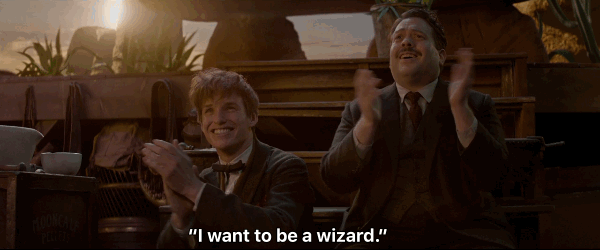
The fact that there's a law in place that prohibits witches and wizards from hanging out with No-Majes may sound like merely an inconvenience, especially when we take into account the 1920s being an era of prohibition. However, the consequences of Newt, Tina and Queenie's interactions with Jacob may prove to be far more grave. As the new Pottermore essay states...
A significant difference between the wizarding governments of the United States and the UK of this time was the penalty for serious crime. Whereas British witches and wizards were sent to Azkaban, the worst criminals in America were executed.
J.K. Rowling's original essay on the law did note that penalties for No-Maj fraternization were harsh. Death Penalty harsh? That seems unclear. But the new essay's mention of execution for general law-breaking witches and wizards was stated very closely to the reveal that Rappaport's Law is still in effect, which might be a major hint that Newt, Queenie and/or Tina could be in big trouble if they're caught fraternizing with Jacob.
On the less negative side of this situation, Rappaport's Law's existence in this time period also means Jacob's potential relationship with Queenie is forbidden, which, I mean, kind of adds a layer of intrigue to that situation...
CINEMABLEND NEWSLETTER
Your Daily Blend of Entertainment News
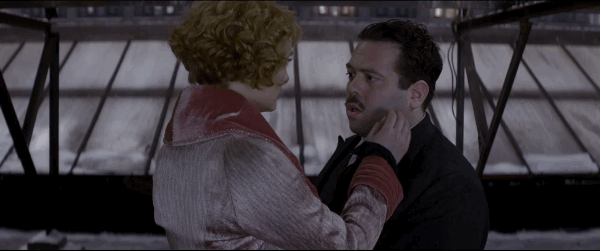
Fantastic Beasts and Where To Find Them arrives in theaters November 18.
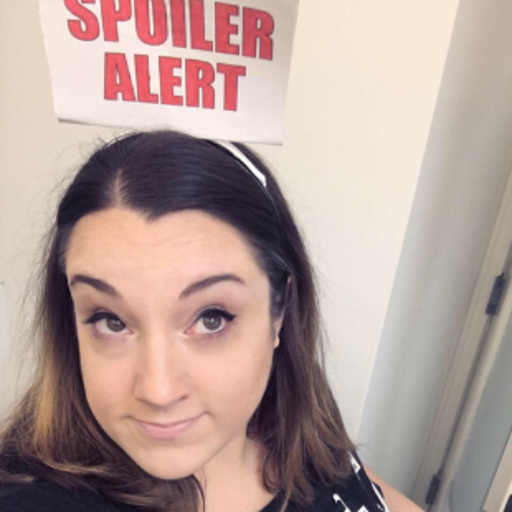
Kelly put her life-long love of movies, TV and books to greater use when she joined CinemaBlend as a freelance TV news writer in 2006, and went on to serve as the site’s TV Editor before joining the staff full-time in 2011 and moving over to other roles at the site. At present, she’s an Assistant Managing Editor who spends much of her time brainstorming and editing features, analyzing site data, working with writers and editors on content planning and the workflow, and (of course) continuing to obsess over the best movies and TV shows (those that already exist, and the many on the way). She graduated from SUNY Cortland with BA in Communication Studies and a minor in Cinema Studies. When she isn't working, she's probably thinking about work, or reading (or listening to a book), and making sure her cats are living their absolute best feline lives.
